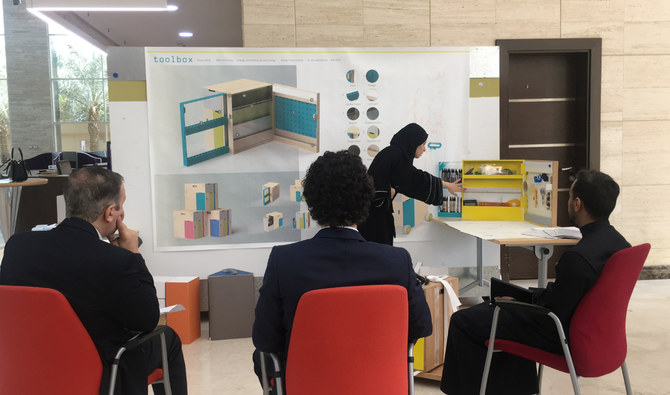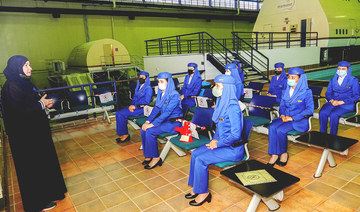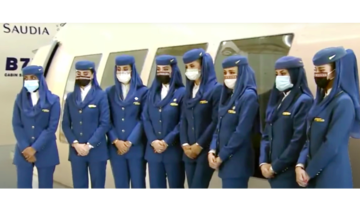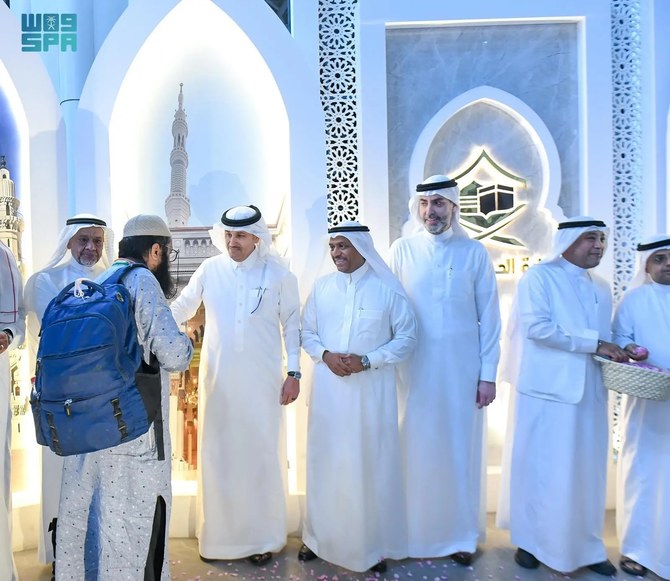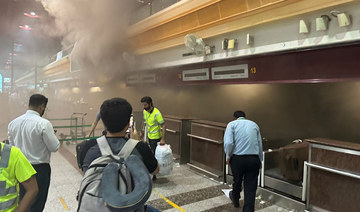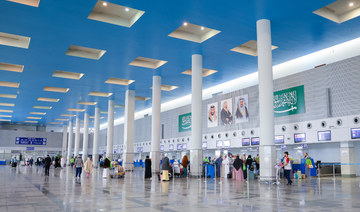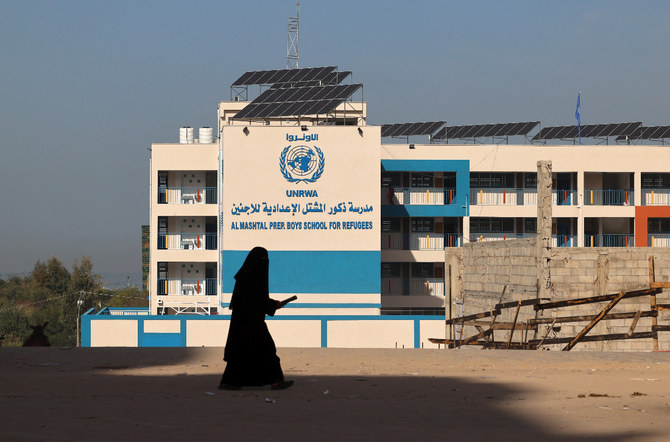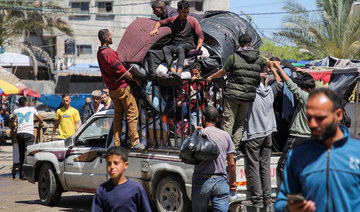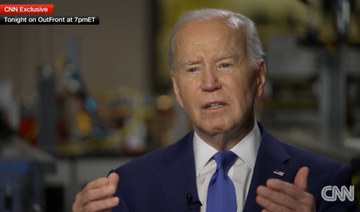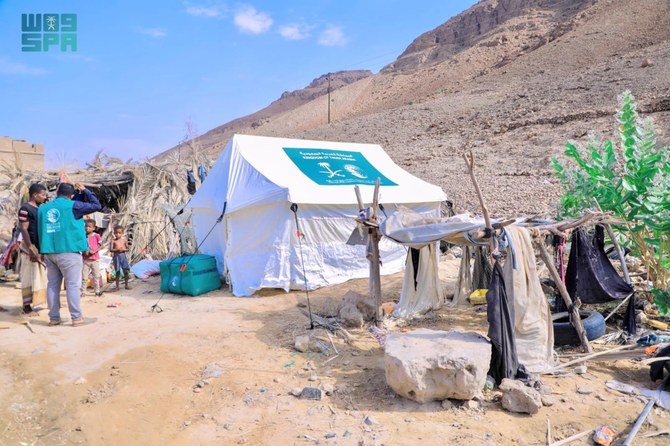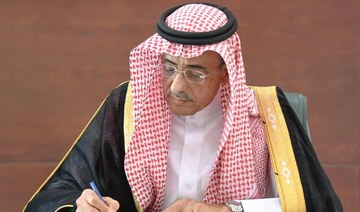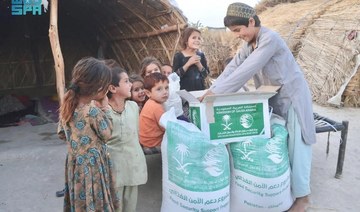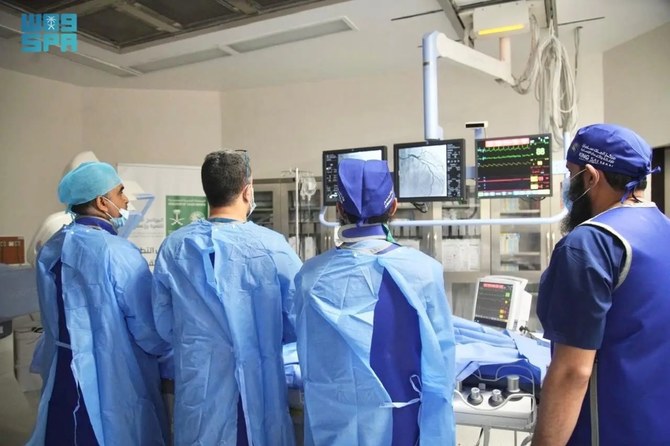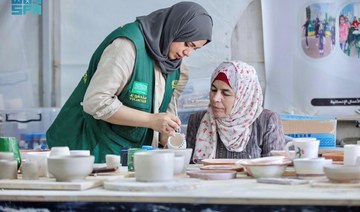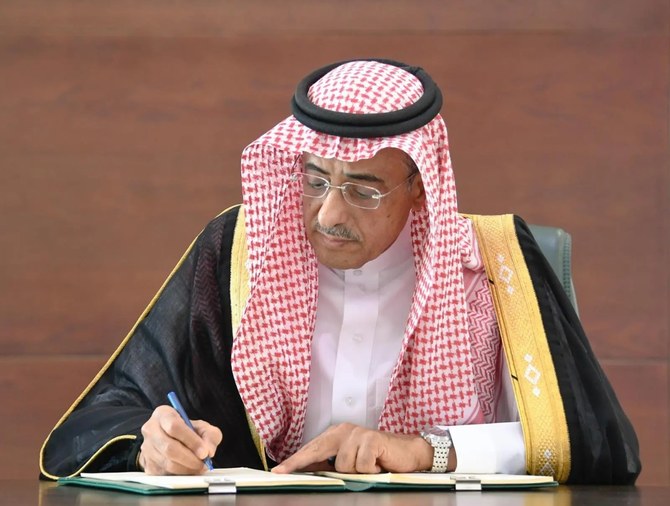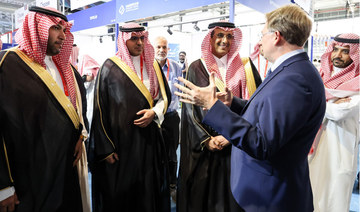JEDDAH: While industrial design remains a male-dominated profession in much of the world, women are at the forefront of the discipline in Saudi Arabia, where university courses on the subject are currently reserved exclusively for female students.
Yet this academic domination has yet to translate into a strong female presence in the workplace, where Saudi female industrial design graduates still struggle to find suitable job opportunities. This is blamed largely on a lack of awareness about the importance of the profession, given that industrial design is a relatively new field of specialization in the Kingdom.
“Industrial designers design everything people interact with, including tangible and intangible products and services both on the ground and in the virtual world,” Ahmad Kassab, an expert industrial designer, consultant and university lecturer, told Arab News.
“For example, we design client-experience processes for service providers — such as when people visit a bank for a certain service, where will they sit or wait, and in what way and using which tools will they receive the required service?”
Kassab believes that industrial design is at its core a strategic, problem-solving process that helps to drive innovation, provides the building blocks for business success, and improves the quality of life through the development of innovative products, systems, services and experiences. As a result, it has a central role to play in achieving the aims of the Kingdom’s Vision 2030 development plan.
“Saudi Vision 2030 is based on economic growth, creativity, and innovation — and the only field of study that is based on all three of these is industrial design,” Kassab said. Although product design is commonly perceived as a relatively young discipline, its origins can be traced to the mid-18th century and the Industrial Revolution. Kassab describes it as a pillar of modern civilization.
“First World countries became First World countries because of their manufacturing power,” he said. “It is the area of specialization that helped the growth of economies and armies. Countries that realized the importance of this field of study in the (1920s) are the powerful countries now.”
However a number of factors are preventing Saudi Arabia from capitalizing on the potential of a growing number of talented female industrial designers, he said, and the main obstacle is a lack of awareness and communication.
HIGHLIGHTS
• Industrial design is a comprehensive field that focuses on the study of form, function, value and the appearance of products, and defines the relationship between objects, people and spaces for the benefit of users, manufacturers and service providers.
• It is a multidisciplinary subject in which students learn how to design the widely used products, devices, objects and services that shape and improve our everyday lives.
“Factory owners do not understand that what they actually need is people with an industrial design background to improve their products and innovate new ones that would greatly help to increase demand and revenues,” Kassab said.
“They are not even aware that there are universities that teach this major in the country. On the other hand, universities do not know enough about the many factories in the Kingdom.”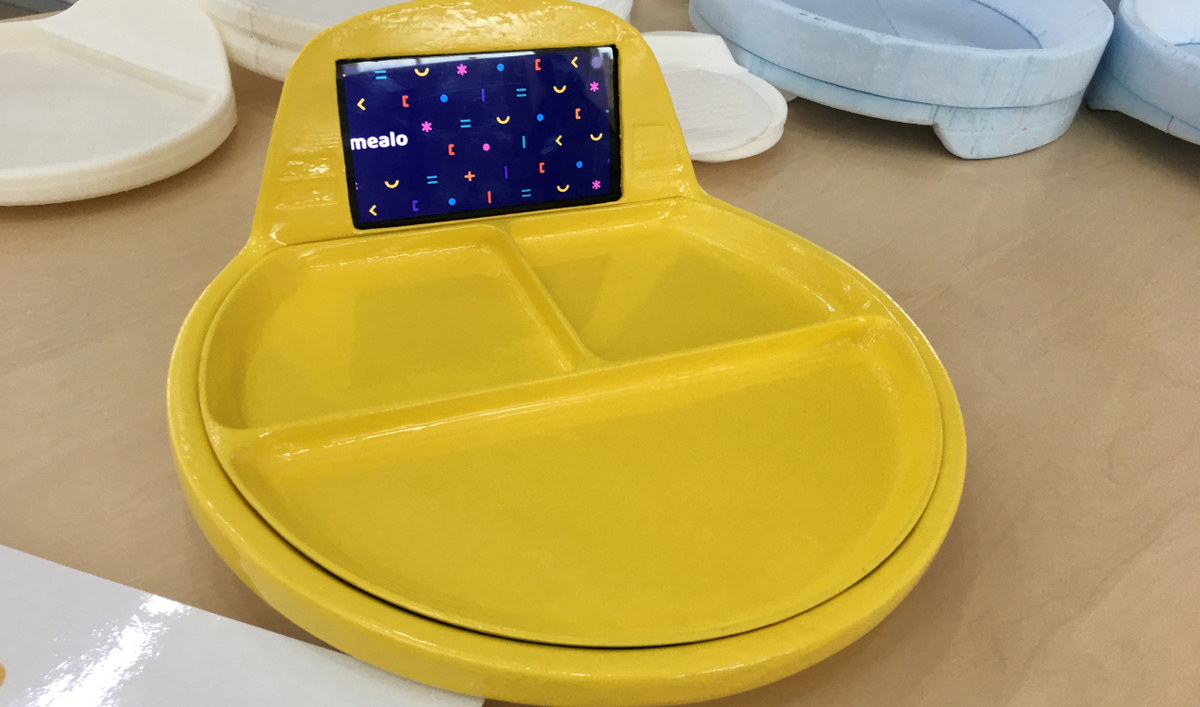
He highlighted a number of other challenges, including reluctance among employers to hire local talent, in an effort to reduce costs, and a common confusion about the difference between industrial designers and industrial engineers.
“Industrial designers design products from A to Z, from an idea to an actual functioning product,” Kassab said. “Industrial engineers are responsible only for facilitating production and the maintenance of manufacturing machines.
“But what is happening in the vast majority of factories is that engineers are playing the designers’ role. From my visits to factories in Saudi Arabia, on many occasions I have spotted tiny flaws across the manufacturing chain that if fixed would earn billions in a blink of an eye — but no one will help them to spot them except an industrial designer.”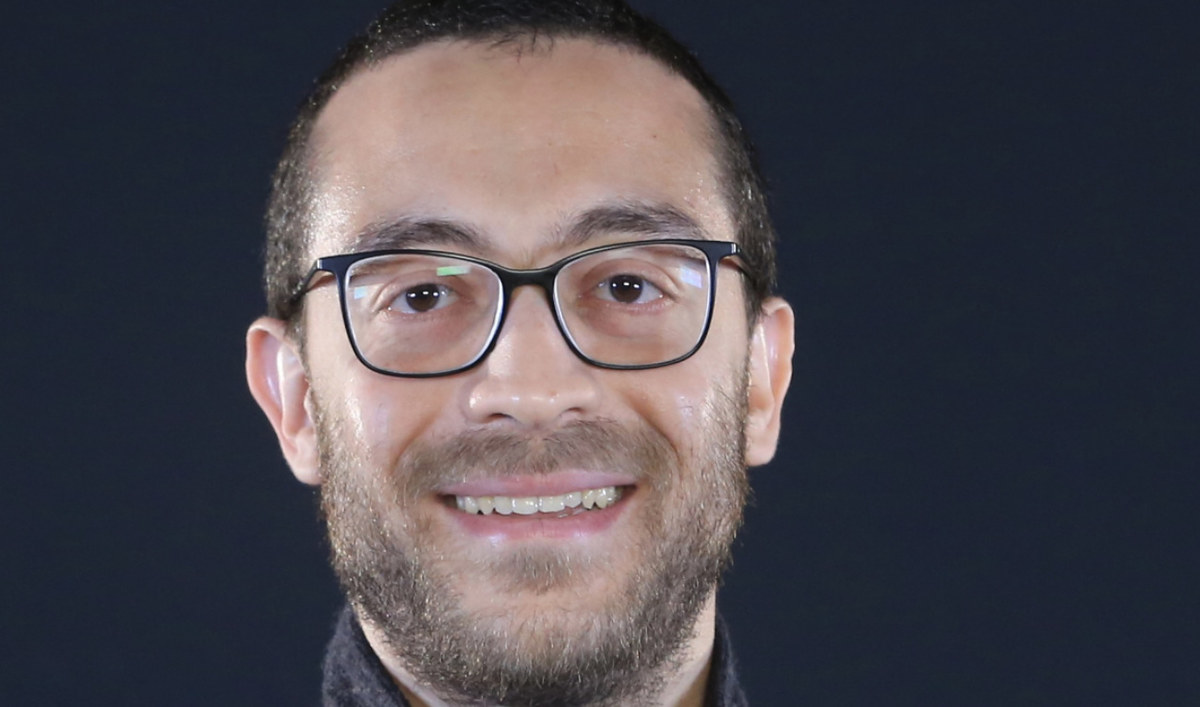
He added that the only way to resolve the current challenges facing the sector is for the government to take action to ensure industrial designers are employed effectively in their correct roles.
Saudi Vision 2030 is based on economic growth, creativity, and innovation — and the only field of study that is based on all three of these is industrial design.
Ahmad Kassab, Industrial designer, consultant and lecturer at Effat University
The Saudi Ministry of Culture last year established the Architecture and Design Authority, headed by Sumaya Al-Sulaiman. According to Kassab, this reflects official awareness of the importance of industrial design. However, the Industry and Mineral Resources Ministry is yet to take any action to nurture and develop the sector.
Kassab teaches at Effat University in Jeddah, one of the Kingdom’s leading institutions for the study of design. The university, which caters exclusively to female students, was the first in Saudi Arabia to offer an industrial design course, and its first batch of Saudi students graduated in 2018. Three universities in the Kingdom now offer industrial design courses, all of which are exclusively for women.
Last month, Effat University hosted Saudi Industrial Design Week, a gathering of local and international speakers and key figures in the field.
Fotoon Kerdawi studied industrial design at Effat University and now works with Firnas Aero, a startup business specializing in drone technology. She is the only product designer on the team, which is based at King Abdullah University of Science and Technology.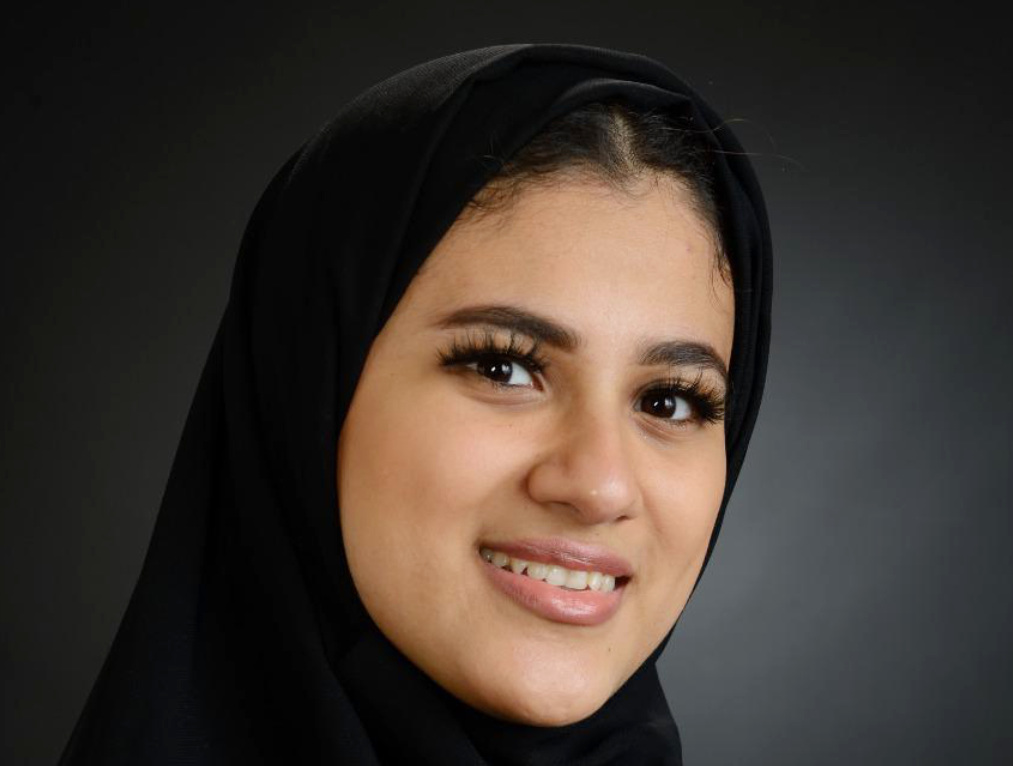
“It is not easy to find jobs directly related to product design,” she told Arab News. “Although it is a very important job, it is still new in the (local job) market. Nonetheless, I see product design as the most promising major in the design spectrum.”
Wherever I go, I want to enjoy this journey. There is no end; my journey’s experience grows with me and I intend to enjoy it to the maximum.
Raghad Halabi, Product design graduate from Effat University
As a result of the wide variety of the work and the ubiquity of applications, Kerdawi believes that Saudi graduates will have plenty of opportunities in the years ahead as product design becomes more established as an important and valuable career in the Kingdom.
Kassab agreed, saying: “There is an unimaginable number of jobs in Saudi Arabia in this field, absolutely uncountable. The sole challenge is a lack of awareness, which is causing the lack of communication.”
He said that female industrial designers in Saudi Arabia are very talented, and he is confident the challenges will be overcome, the teaching of the subject well become more closely linked with industry needs, and more industrial design opportunities will open up for men and women.
“Once the field is established Saudi Arabia will be a different country, within five years,” he said.
Raghad Halabi, also a product design graduate from Effat University, works at another KAUST-based innovative startup, Uvera, which is developing a chemical-free process that uses ultraviolet light to prolong the shelf life of fresh food and reduce waste.
In describing her chosen career, she recalled the words of a professor who told her: “Once you become a product designer, you’ll be like the joker card — you’ll find work wherever you go.”
As in any job there are challenges, and Halabi highlighted one issue she often encounters.
“I usually fail to find the right materials I need for our products,” she told Arab News. “It is due to the lack of materials providers in the Kingdom, as well as lack of data records of providers, which is a communication-related problem.”
Kassab said he is proud of how the design department at Effat University has developed and improved in the relatively short time since it was established, to the point where its outcomes come close to matching leading international schools such as Parsons School of Design in New York and Coventry University in the UK.
“Despite issues the department faced in its first year, it has succeeded in improving steadily,” he said. “We realized our mistakes and improved the performance. Now our department is the only one in the country where the professors are not academics but have expertise in the industry.”
Halabi said that she thinks of design like a journey.
“Wherever I go, I want to enjoy this journey,” she said. “There is no end; my journey’s experience grows with me and I intend to enjoy it to the maximum.”




